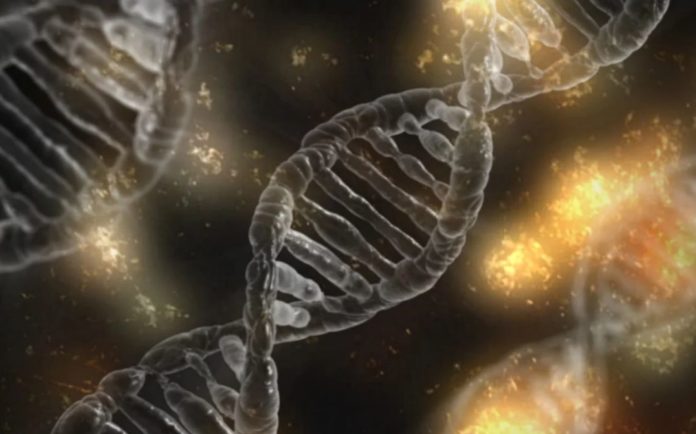Most of the original inhabitants of the Caribbean could have been supplanted by South Americans thousands of years before the Spanish arrived on the continent in 1492, claims a new study based on genetic data from ancient bones.
An international team led by David Reich, a professor at Harvard Medical School, analyzed the genomes of 263 individuals in the largest study of ancient human DNA in the Americas to date.
While the heat and humidity of the tropics can quickly break down organic matter, the human body contains a safe deposit box of genetic material – a small, unusually dense piece of bone that protects the inner ear.
Through this structure, the researchers extracted and analyzed the DNA of 174 people who lived in the Caribbean and Venezuela between 400 and 3,100 years ago, and combined the data obtained with those of 89 previously studied individuals.
It turned out that genetics traces two great migratory waves in the Caribbean by two different groups.
- Scientists in Fear of This New Predator From Red Sea Eating Native Species in Mediterranean
- Does This Mean We Stopped Being Animal and Started Being Human Due to ‘Copy Paste’ Errors?
- The One Lifestyle Choice That Could Reduce Your Heart Disease Risk By More Than 22%
- Aging: This Is What Happens Inside Your Body Right After Exercise
- Immune-Boosting Drink that Mimics Fasting to Reduce Fat – Scientists ‘Were Surprised’ By New Findings
The first inhabitants of the islands, a group of stone tool users, arrived in Cuba about 6,000 years ago and gradually expanded eastward to other islands during the Archaic Age of the region, writes Science Daily.
Researchers do not know exactly where these inhabitants came from, although they are more closely related to Central and South America than North America, their genetics do not match any particular indigenous group.
Around 2,500-3,000 years ago, farmers and potters – known as the Pottery Age people – represented the second wave of migration that passed through the Caribbean.
These immigrants, who are related to the current Arawak-speaking peoples, supplanted the previous inhabitants and settled on the islands. Over time, almost all the genetic traces of the peoples of the Archaic Age disappeared, except for a resistance community in western Cuba that persisted until the arrival of the Europeans.
Many modern-day Cubans, Dominicans, and Puerto Ricans are descendants of Pottery Age people, as well as enslaved European and African immigrants. The researchers looked at only marginal evidence for the ancestry of the Archaic Age in modern individuals.
Another important revelation from the study, published in the journal Nature, is that the indigenous populations of islands such as Puerto Rico and Hispaniola were probably much smaller at the time of the arrival of the Spanish than previously thought.
Reich’s team developed a new genetic technique for estimating population size in the past, which showed that the number of people living in the Caribbean when Europeans arrived was estimated to be possibly tens of thousands instead of a million or more, as reported by Columbus and his successors.
In particular, a study of male X chromosomes uncovered 19 pairs of “genetic cousins” on different islands.
According to the researchers, finding such a high proportion of genetic cousins in a sample of fewer than 100 men indicates that the total population size of the region was small.
